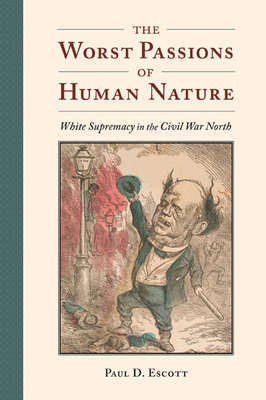Expedite your nonfiction book discovery process with Readara interviews, summaries and recommendations, Broaden your knowledge and gain insights from leading experts and scholars
In-depth, hour-long interviews with notable nonfiction authors, Gain new perspectives and ideas from the writer’s expertise and research, Valuable resource for readers and researchers
Optimize your book discovery process, Four-to eight-page summaries prepared by subject matter experts, Quickly review the book’s central messages and range of content
Books are handpicked covering a wide range of important categories and topics, Selected authors are subject experts, field professionals, or distinguished academics
Our editorial team includes books offering insights, unique views and researched-narratives in categories, Trade shows and book fairs, Book signings and in person author talks,Webinars and online events
Connect with editors and designers,Discover PR & marketing services providers, Source printers and related service providers

The Worst Passions of Human Nature: White Supremacy in the Civil War North
Social Science > Anthropology - Cultural & Social
- University of Virginia Press
- Audio
- 9780813943848
- 9.2 X 6.4 X 0.7 inches
- 1 pounds
- Social Science > Anthropology - Cultural & Social
- (Single Author) Asian American
- English
Readara.com
Book Description
The American North's commitment to preventing a southern secession rooted in slaveholding suggests a society united in its opposition to slavery and racial inequality. The reality, however, was far more complex and troubling. In his latest book, Paul Escott lays bare the contrast between progress on emancipation and the persistence of white supremacy in the Civil War North. Escott analyzes northern politics, as well as the racial attitudes revealed in the era's literature, to expose the nearly ubiquitous racism that flourished in all of American society and culture.
Contradicting much recent scholarship, Escott argues that the North's Democratic Party was consciously and avowedly the white man's party, as an extensive examination of Democratic newspapers, as well as congressional debates and other speeches by Democratic leaders, proves. The Republican Party, meanwhile, defended emancipation as a war measure but did little to attack racism or fight for equal rights. Most Republicans propagated a message that emancipation would not disturb northern race relations or the interests of northern white voters: freed slaves, it was felt, would either leave the nation or remain in the South as subordinate laborers.
Escott's book uncovers the substantial and destructive racism that lay beyond the South's borders. Although emancipation represented enormous progress, racism flourished in the North, and assumptions of white supremacy remained powerful and nearly ubiquitous throughout America.
Author Bio
Paul D. Escott earned his B.A. degree cum laude from Harvard College and his Master’s and Ph.D. degrees from Duke University. He taught at UNC Charlotte before coming to Wake Forest, where he served for nine years as Dean of the College.
He is a member of Phi Beta Kappa, has received fellowships from the Whitney Young, Jr., Foundation and the Rockefeller Foundation, and twice won an award for the best non-fiction book published by a resident of North Carolina.
His most recent book is Lincoln’s Dilemma: Blair, Sumner, and the Republican Struggle over Racism and Equality in the Civil War Era.
He comments: “The history of the Civil War Era looms large in our nation’s struggles to overcome racism and realize its ideals of freedom and equality. Even today popular culture misrepresents the reality of the Civil War era in ways that obscure our understanding of our society’s past. Excessive glorification of the Confederacy or the Union can blind us to the nature of the problems that the United States has had to surmount or struggles with still.”
- Education
- B.A. Harvard College 1969
M.A. Duke University 1972
Ph.D. Duke University 1974
Source: Wake Forest University
Videos
No Videos
Community reviews
No Community reviews

